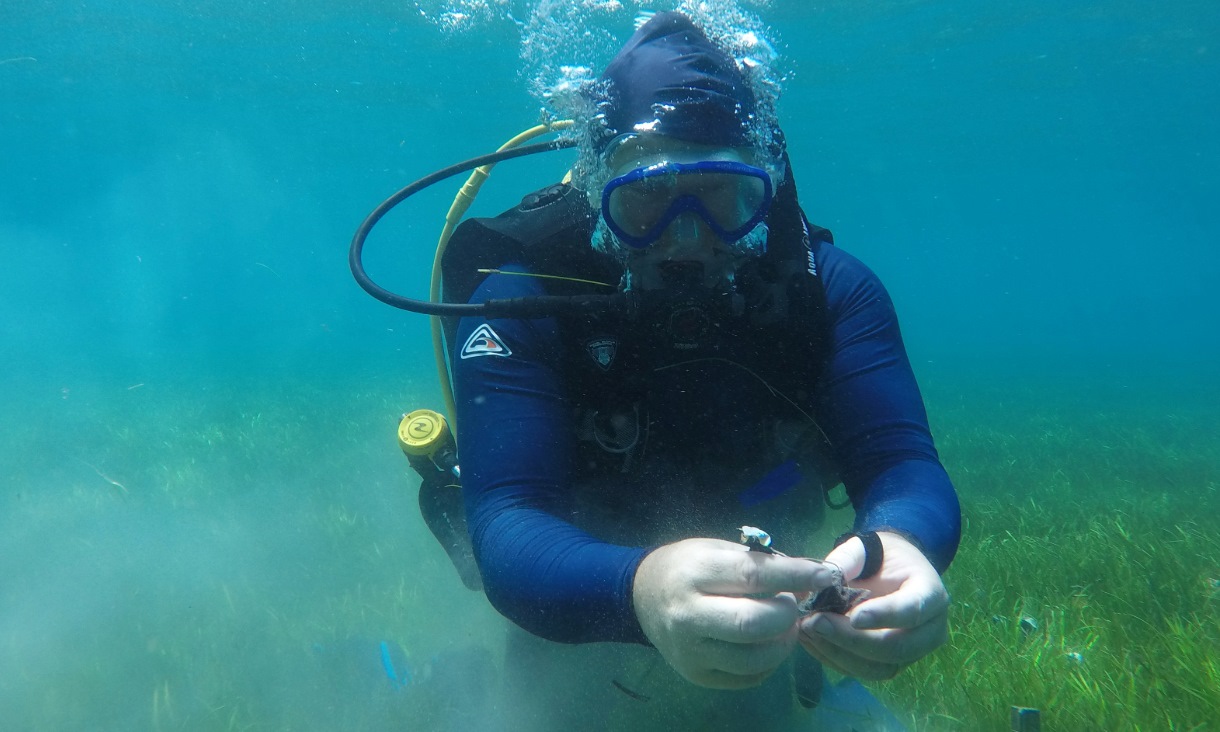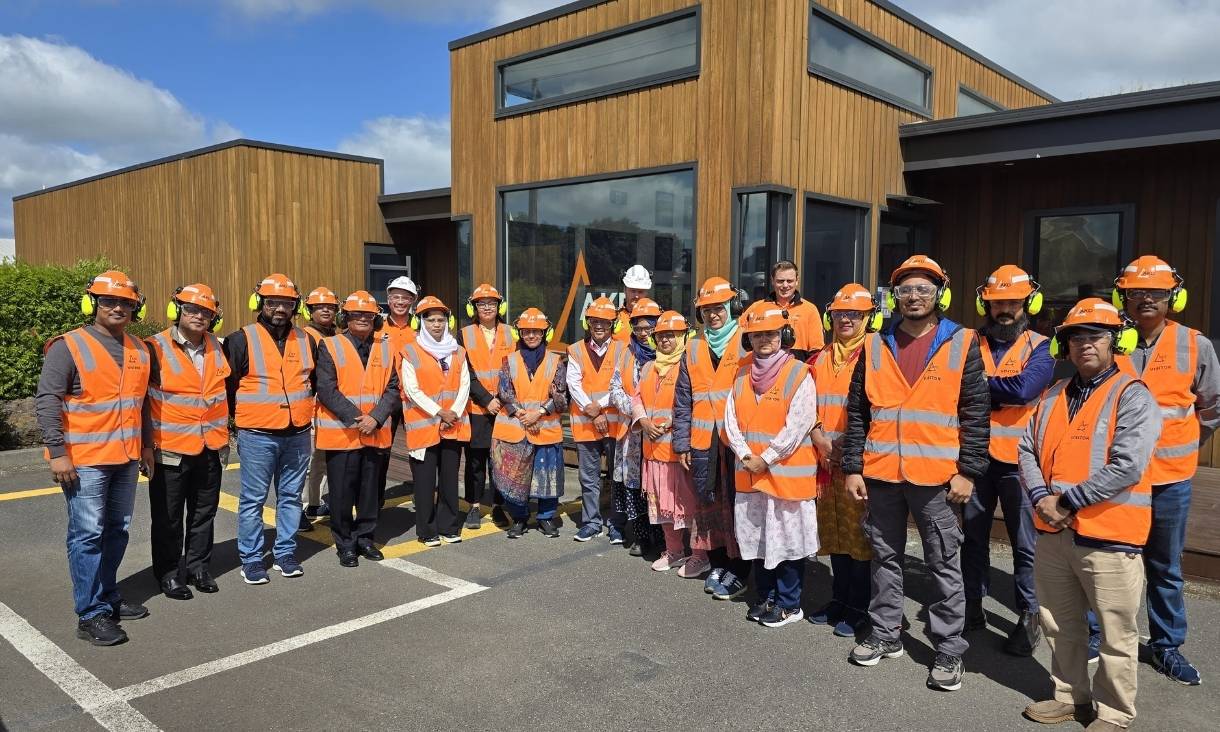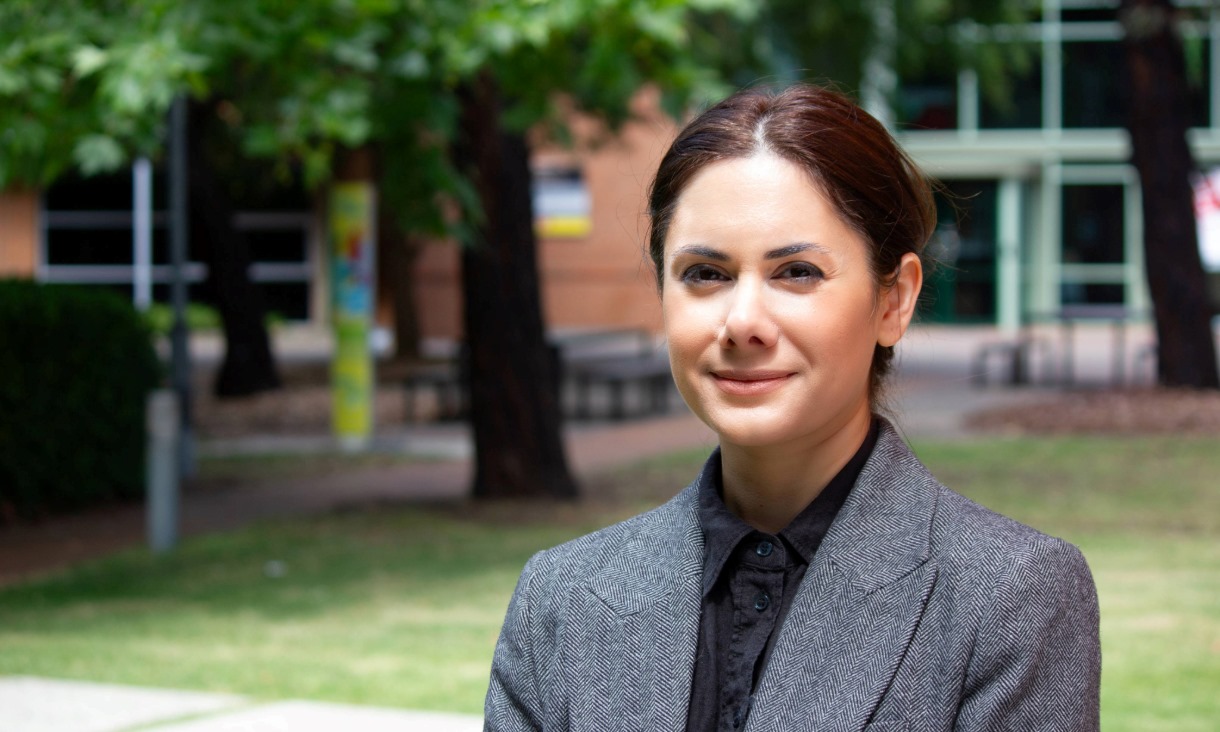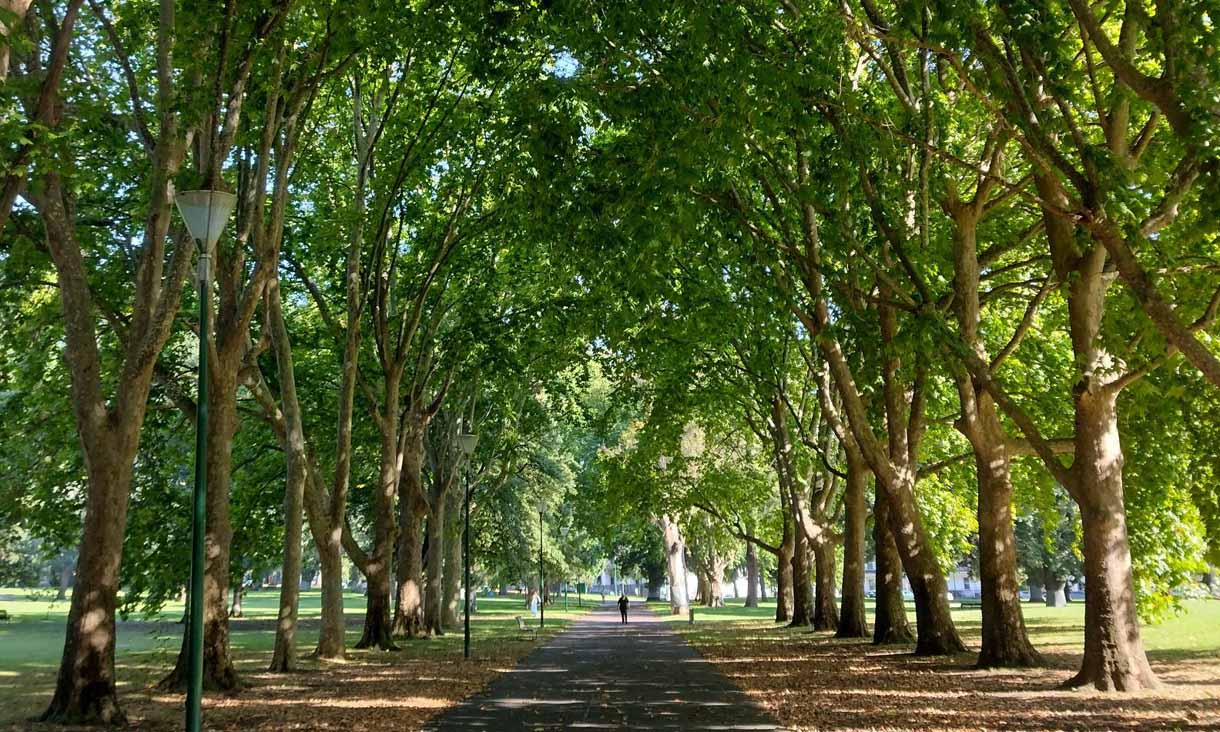Sustainable building and construction
Professor Usha Iyer-Raniga (0417169656 or usha.iyer-raniga@rmit.edu.au)
Topics: Sustainable built environment, Sustainable Development Goals
“Sustainable construction is a profitable business with low risks and done the right way it’s a win for everyone, providing a profitable and ethical investment target.
“There are a number of sustainable solutions existing today that can be implemented without delay, and many of these can be developed meeting local conditions and supporting local ecosystems and jobs.
“Globally, the building sector produces nearly 40% of the world’s waste, which could be greatly reduced. Further, waste, even from other industries, can be successfully re-used in the built environment using principles of circular economy.
“Adopting circular economy principles could not only significantly enhance global construction industry productivity but provide savings of at least US$100 billion a year according to figures from the 2016 World Economic Forum, while the World Resources Forum held in Sydney in 2015 estimated the value of the circular economy in Australia to be AUD$26 billion per year by 2025.”
Usha Iyer-Raniga is a Professor at the School of Property, Construction and Project Management at RMIT University and an expert on sustainability in the built environment. She is also the Co-Lead of the United Nations One Planet Network’s (OPN) Sustainable Buildings and Construction Programme (SBC), (10YFP) on Sustainable Consumption and Production aligned with SDG12.
Clean energy opportunities
Alan Pears AM (0417 005 431 or alan.pearse@rmit.edu.au)
Topics: Clean energy policy, technologies and practices, climate response (energy) policy and action, low carbon urban development, innovation.
“Energy-related activities are responsible for around three-quarters of Australian climate impact.
“These activities include electricity generation and use, provision of heat (mostly using fossil gas), transport and ‘fugitive’ emissions (leakage of gases from coal mines, oil and gas production and supply).
“The International Energy Agency describes energy efficiency as ‘the first fuel’ because, beyond cutting energy bills and climate impacts, it provides many benefits such as improved health, productivity and savings on energy supply infrastructure investment. But Australia is a laggard compared with most developed countries.
“There are many exciting opportunities for Australian business and households to cut emissions from energy use while saving money and improving productivity and quality of life and it is a tragedy that Australians are missing out on these benefits.”
Alan Pears AM is a Senior Industry Fellow at RMIT, where he was previously an Adjunct Professor and taught in the environment program. He is a highly regarded analyst, consultant and commentator on sustainable energy and climate policy. He was made a Member of the Order of Australia (AM) in 2009 for his contribution to environmental and energy policy.
Responsible consumption and production
Professor Nava Subramaniam (0415966375 or nava.subramaniam@rmit.edu)
Topics: Corporate social responsibility, Corporate sustainability
“In 2018, SDG12 responsible consumption and production was the second most prioritised goal by the ASX150, with strong, open and accountable supply chains needed for sustainable consumption.
“Responsible production goes beyond waste control, extending to investments in new technologies, which is a must for this to be achieved.
“There is also the question around what approach to take, whether that be carbon mitigation or carbon adaptation? To achieve longer term impacts on responsible production, carbon adaptation is unavoidable.
“Waste reduction is no longer just desirable or ethical, it has become a necessity and national targets for packaging need to be met to achieve Sustainable Development Goals.”
Nava Subramaniam is Deputy Dean, Research and Innovation in the School of Accounting, Information Systems and Supply Chain. Her research focuses on corporate sustainability, responsible and conscious governance and assurance systems.
Urban planning and transport
Associate Professor Andrew Butt (0408 369 097 or andrew.butt@rmit.edu.au)
Topics: Urban Planning and Transport
“How we live and move about in Australia’s cities is a key contributor to our greenhouse gas emissions and offers great potential for mitigating these.
“Household energy use contributes over 10% of national emissions, and small vehicles another 10%, with cars and light vehicles being the largest transport sector by emissions.
“The form and structure of our cities is a big contributor to this, and decades of urban planning and urban development have locked in patterns and practices that have made this hard to change.
“Planning systems have to recognize the role urban development and urban planning have in climate mitigation.
“Even as the offer of technological changes, such as electric vehicles, suggest some potential solutions, these are also dependent on changes to electricity production, and do not address the causes of our ongoing dependence on long commutes and expanding suburbia.
“At a national scale, planning for growth in areas beyond a few large metropolitan cities should be a priority – but this means jobs and infrastructure sooner rather than later.
“We should not wait for energy alternatives and solutions, as the benefits of ‘living locally’ and of solutions to car-dependency and long commutes extend to many facets of life.”
Andrew Butt is Associate Dean of Sustainability and Urban Planning and convenes the Planning and Transport for City Regions group within RMIT’s Centre for Urban Research. He has been involved in planning practice, education and research in Australia and internationally for over 25 years and is presently on the Victorian Committee of the Planning Institute of Australia
***
For media enquiries, please contact RMIT Communications: 0439 704 077 or news@rmit.edu.au




